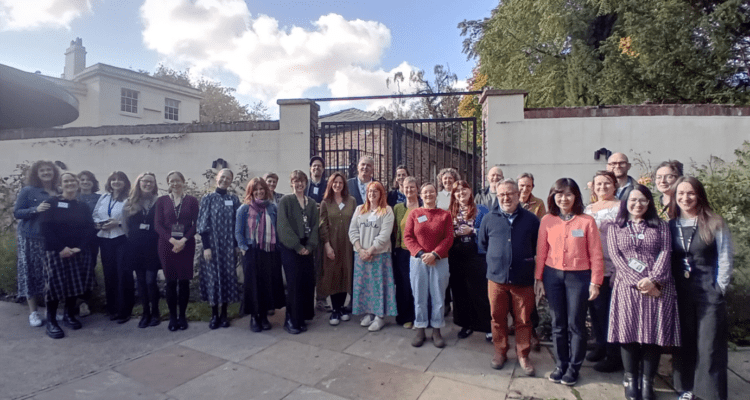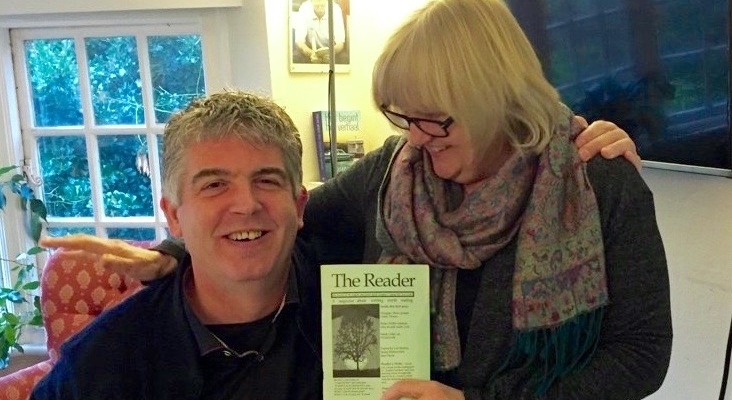Tales From the Land of ‘Day Book’
Kimberley Long is a former Reader volunteer currently teaching English in Japan. This is the first in a series of posts in which she will tell us about her experiences and her reading.
Konnichiwa to you all and welcome to my first post from Japan. I am currently working here as an assistant language teacher with the JET programme and not, luckily for me, NOVA, the other teaching in Japan scheme that recently went bust. I live in a smallish town called Beppu in Oita prefecture on Kyushu. Beppu is famous throughout Japan for its hot springs and is a bit of a tourist town. However this doesn’t exactly make us world famous. I work with senior high school kids, roughly sixth-form age in the UK. My school is currently the designated specialist English Language high school in the area, so I have the joy of working with some of the most linguistically talented youngsters Oita-ken has to offer. Some of them travel two hours every morning just to have the honour of attending the school. However I also work with the non-specialist classes in the school; teaching English to them can be highly amusing. The second year class I’ve affectionately termed the Nihilists because of their apparent apathy towards everything.
I decided to use my time away from home to expand my reading. New life and experiences I thought, so some new books too. I don’t usually take recommendations from other people, but this year I intend to read what is recommended, handed, or left to me. To begin this new era of reading I arrived in my apartment to find my predecessor had left me a shelf of varied reading material ranging from Bill Bryson, textbooks on childhood psychology and a biography of Sting. Only time will tell if I get round to reading that one. It was interesting to see what books she had decided to leave behind. I have since been told that her vast book collection was plundered by the other ALTs living here so I was witnessing it in a depleted form. But why had some books been taken but these left behind? Surely Bill Bryson is always worth a read, let alone a book with the intriguing title of ‘Reading Lolita in Tehran’.
And with regards to the title of this post: Japanese comprises three forms of writing; hiragana, katakana, and kanji. This doesn’t make it easy but I’ve picked it up fairly quickly. Kanji is the form that you’ll most likely think of when you think of Japanese, all the pretty little picture words. Well Japan, or Nihon, has two kanji which can translate into ‘day’ and ‘book’. So what better place to think about reading than in a country with books in its name.
by Kimberley Long
Powered by Qumana
Share
Related Articles

Celebrating the first ever International Shared Reading Conference
‘It has been a wonderful day - great meeting you all! Loved the Shared reading and getting new knowledge. Inspiring…

Henrik Wig, Sweden: ‘In a world where democracy is in many ways threatened, Shared Reading can be a counterforce’
Literature teacher Henrik has been running Shared Reading groups across southern Sweden for six years with children’s groups and at…

Reader Revisited: An Interview with Het Lezerscollectief (The Readers’ Collective)
We're taking a trip down memory lane and revisiting articles from The Reader Magazine. This article first appeared in issue 73.…


